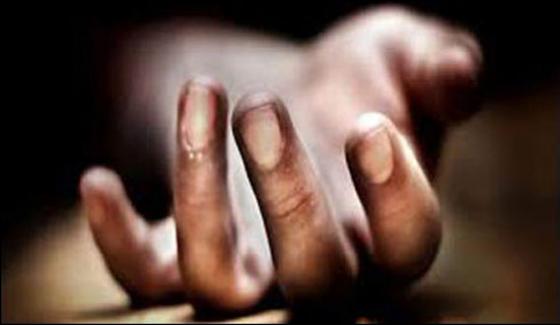Driven from their ancestral lands by logging and mining firms, many of the Baka are turning to alcohol to cope

porting patchy bruises on her forehead and right cheek, Maria moves gingerly as her four young children chase each other in their pygmie camp on the edge of a forest in eastern Cameroon.
“I spent all night fighting with my husband … he came home very drunk,” Maria told the Thomson Reuters Foundation in the village of Djibot, constantly glancing over her shoulder.
“He asked me for food, which I had not prepared because I had morning sickness,” added the expectant mother, who is in her late twenties. “He started to beat me, and I tried to not let myself get pushed around.”
Alcoholism is a rapidly growing problem among some 50,000 Baka pygmies – nomadic hunter-gatherers who are usually less than five feet (1.5 metres) tall – living in eastern Cameroon.
Driven from their ancestral lands by logging and mining firms, and conservation efforts to save elephants and gorillas, and pushed into contact and conflict with forest-dwelling Bantu ethnic groups, many of the Baka are turning to alcohol to cope.
Most of the largely-illiterate Baka are living in huts made of leaves, bamboo and mud-baked bricks alongside southeast Cameroon’s roads, just outside the protected reserves that they need permits to enter.
The women, like Maria, are suffering the most. Many say they are beaten regularly and badly by their drunk husbands, others are wrestling with alcohol abuse themselves, while some have turned blind or even died from drinking home-grown alcohol.
Struggling to adapt to life outside the forest, the Baka’s problems of poverty, hunger and alcoholism are only likely to worsen, rights activists say.
“Alcohol abuse is destroying the social fabric of the pygmies,” said Barry Abbott of the Cameroon Baptist Convention Health Services, a faith-based healthcare organisation.
“Because of alcohol, instability prevails in couples … in most relationships, the woman is beaten,” added Abbott, who has worked in pygmie camps across Cameroon for more than a decade.
CONCERNS OVER SEX
The Baka are one of the ethnic groups that make up Africa’s half a million pygmies, who have long faced discrimination and abuse, from being displayed in human zoos in Europe to enduring enslavement and cannibalism in the Democratic Republic of Congo.
They now find themselves caught in a major battle between conservationists trying to save endangered species and activists campaigning for the rights of tribal people, who are unable to secure rights to land they have depended on for centuries.
Survival International has accused the World Wildlife Fund (WWF) of funding anti-poaching guards, who have killed Baka pygmies with impunity, and supporting the creation of three national parks on Baka land a decade ago without their consent.

